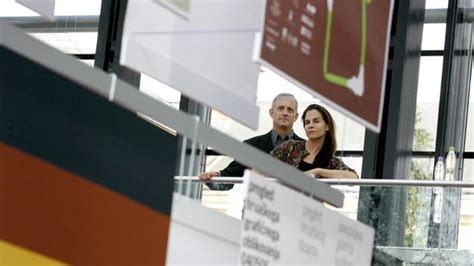A Quote by Chris Wilder
We used to get into other players' heads mentally and physically. In my day it was me versus you, my future versus your future.
Quote Topics
Related Quotes
Always leave people with a solution; the heaven if you do versus the hell if you don't. If you're really skillful you can put the person into the future solution. Shoaff used to say, 'Jim, I can see you now in your new clothes, in your new home, in your new car. I can see others walking up to you.' The Promise of the Future is an Awesome Force!
What made traditional economies so radically different and so very fundamentally dangerous to Western economies were the traditional principles of prosperity of Creation versus scarcity of resources, of sharing and distribution versus accumulation and greed, of kinship usage rights versus individual exclusive ownership rights, and of sustainability versus growth.
I wholeheartedly believe that we can't organize just as women. There has to be specific messaging and an issue prioritization based on identity groups. Because when you ask a black woman what her top priority issues are versus a white woman versus a Muslim woman versus an undocumented woman, you're going to get... different answers.
No one "discovers" the future. The future is not a discovery. The future is not a destiny. The future is a decision, an intervention. Do nothing and we drift fatalistically into a future not driven by technology alone, but by other people's need, greed, and creed. The future is not some dim and distant region out there in time. The future is a reality that is coming to pass with each passing day, with each passing decision.
Independent of the critique I'm making, I'm just trying to paint a more comprehensive portrait of American religion than you get from a right versus left, religious conservatives versus secular liberal, believer versus atheist, binary. Too often, we just look at religion in America through that kind of either/or lens. I think it's much more complicated than that.
Good design today requires more vision (a larger point of view versus the single brilliant idea), more consistency (a deeper underlying structure of language and form versus the simple, uniform application of visual elements) and more patience (persistence over time versus creative authoritarianism).
We cannot create blueprint for future society, but it is good to think about that. It is good to have in mind a goal. It is constructive, it is helpful, it is healthy, to think about what future society might be like, because then it guides you somewhat what you are doing today, but only so long as this discussions about future society don't become obstacles to working towards this future society. Otherwise you can spend discussing this utopian possibility versus that utopian possibility, and in the mean time you are not acting in a way that would bring you closer to that.






































